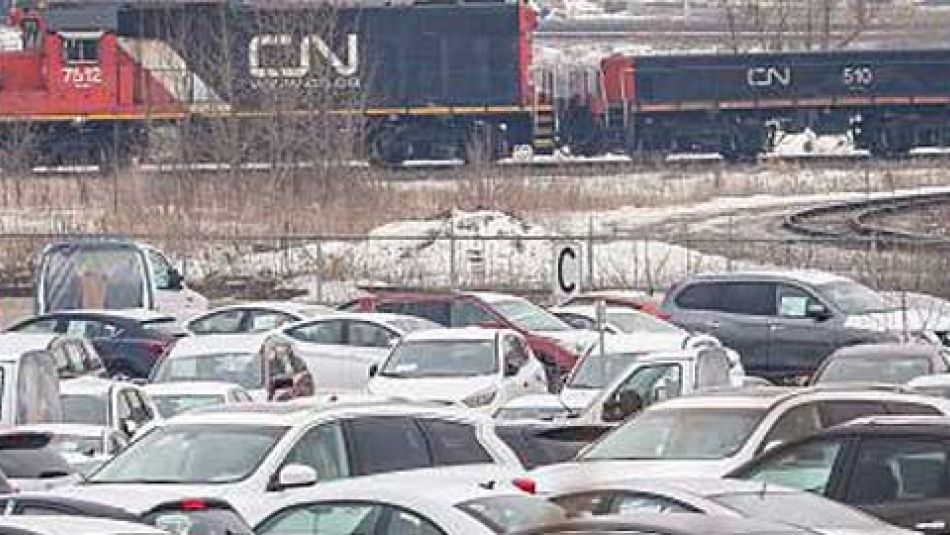
Share
May 22 Update: Following an investigation of Unifor members’ complaints of discriminatory action against them after refusing unsafe work, the Nova Scotia Department of Labour has sided with the workers, issuing a compliance order to Autoport Ltd. to pay whatever wages would have been earned but for the discriminatory action of sending the workers home.
“This is a victory for workers and reinforcement of the importance of exercising your rights at work,” said Jerry Dias, National President. “Members of Local 100 are to be commended for standing up for their safety and reminding the employer of their responsibility to provide safe working conditions.”
--
Unifor members at the Autoport in Eastern Passage, Nova Scotia raised issues with their employer shortly after the provincial government directed social distancing practices for everyone, but when two workers were diagnosed with COVID-19 on April 6, the situation became more urgent for the 200 members on site.
In their jobs, workers are taken by shuttle to individual vehicles to drive them from the water side where ships are unloaded to large parking facilities across the street in large parking facilities. Autoport reduced the number of individuals in the shuttles following COVID-19 restrictions, but there was still no ability to allow six feet between each worker as the government ordered.
“Members raised these issues with the employer but the response was tepid at best – management seemed to think of their operation as an essential service where rules didn’t apply,” said Jerry Dias, National President. “I admire Autoport workers for their persistence in enforcing safer practices for everyone on site.”
In a lengthy interview with the Halifax Examiner, Local 100 President Terry McKimm explained that some members offered to walk between vehicles, which would still provide for reasonable productivity and allow workers to respect the province’s order while providing workers greater safety. That request was denied. Ten members who then refused unsafe work were sent home without pay, a move the union opposed.
“Members who refused to work in proximity of other workers, like in the shuttle vans, were simply told to go home without pay which is unfair to them and doesn’t address the problem,” said Linda MacNeil, Atlantic Regional Director.
Following repeated conversations and meetings through their Joint Occupational Health and Safety Committee, their National Representative recommended they file a grievance on behalf of those ten members and launch a complaint with the labour board’s health and safety department. The labour board promptly conducted their investigation and quickly issued their stop work order.
“Thankfully, the labour board was supportive of the workers’ complaint and that finally was enough to make the employer take notice,” said MacNeil.
The labour board’s order made it clear that social distancing had to be followed in the workplace and in the company’s vehicles. In addition, the order required Autoport to stop using their hand scanners, which are used by all unionized workers to log in and out of work.
The union had requested that Autoport stop using the hand-scanners in order to limit the chances of community spread in the work place. This was consistent with what most employers in this area had adopted as part of their COVID-19 safety protocols. Unfortuntely, Autoport refused to adopt this practice and as a result it, too, formed part of the labour board’s order.
Within a day and half, the company was able to have the workplace cleaned by a professional cleaning service to disinfect the workplace, and obtained a charter bus to replace the vans that were at the root of the disagreement.
“The measures taken by the workers and the union would have been easily and quickly accomplished early on had Autoport worked with the union to deal with the concerns,” said McKimm. “Unfortunately, Autoport’s owner, CN Rail, demonstrated a lack of respect for workers’ concerns and for the province’s Chief Medical Officer’s order. CN’s ability to quickly and simultaneously respond to the stop work order and the COVID-19-related issues demonstrates they had the means and resources to deal with the problems ahead of time and simply chose the wrong way to deal with this health and safety issue.”


